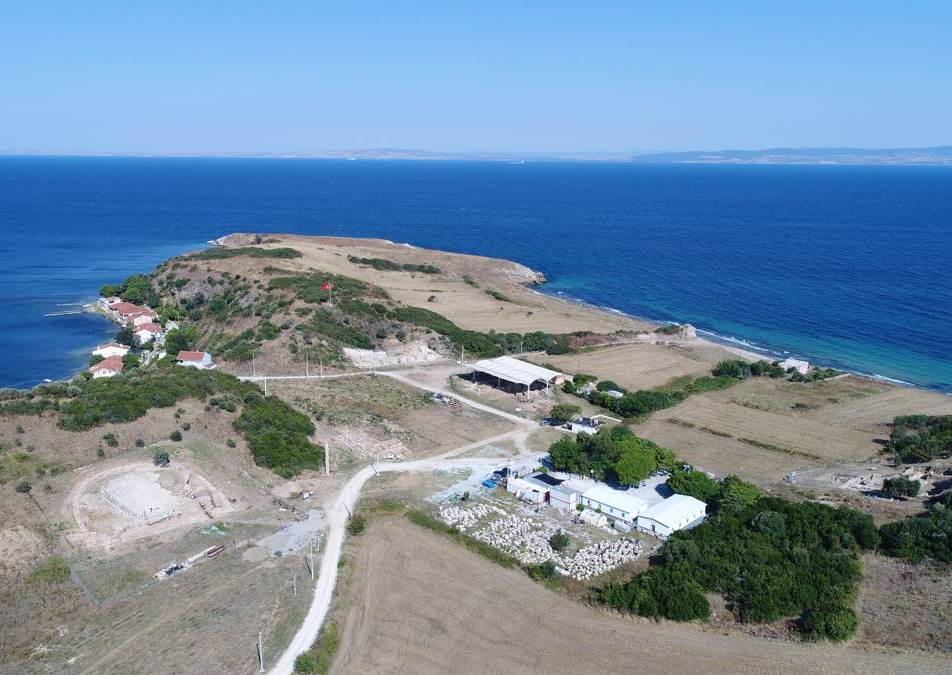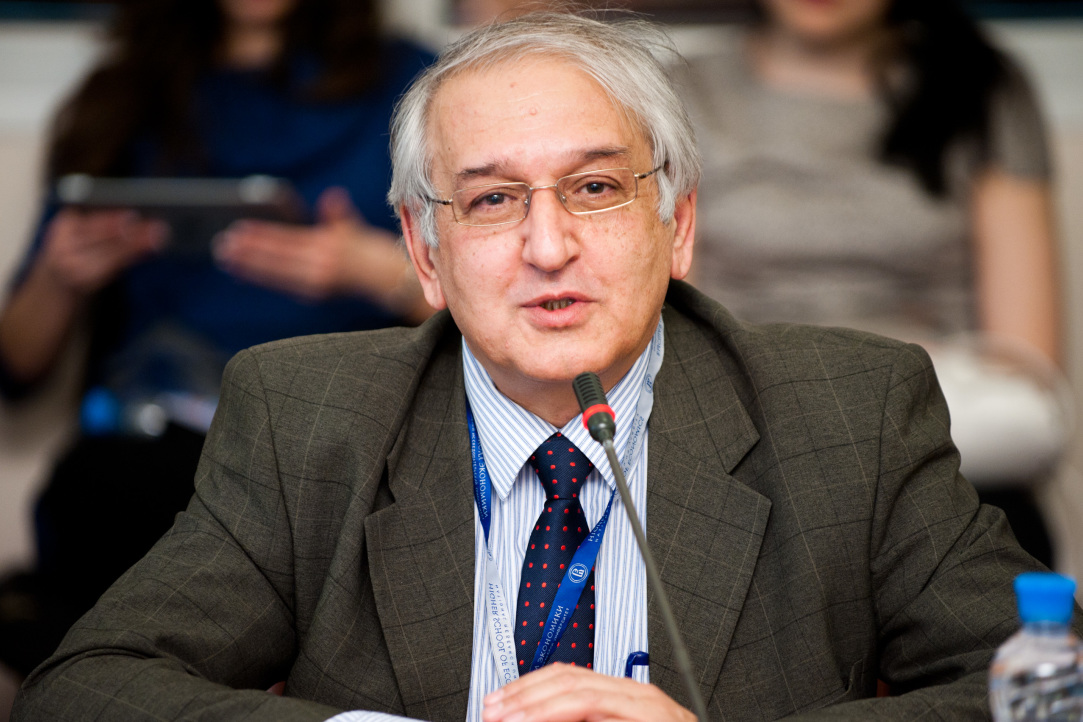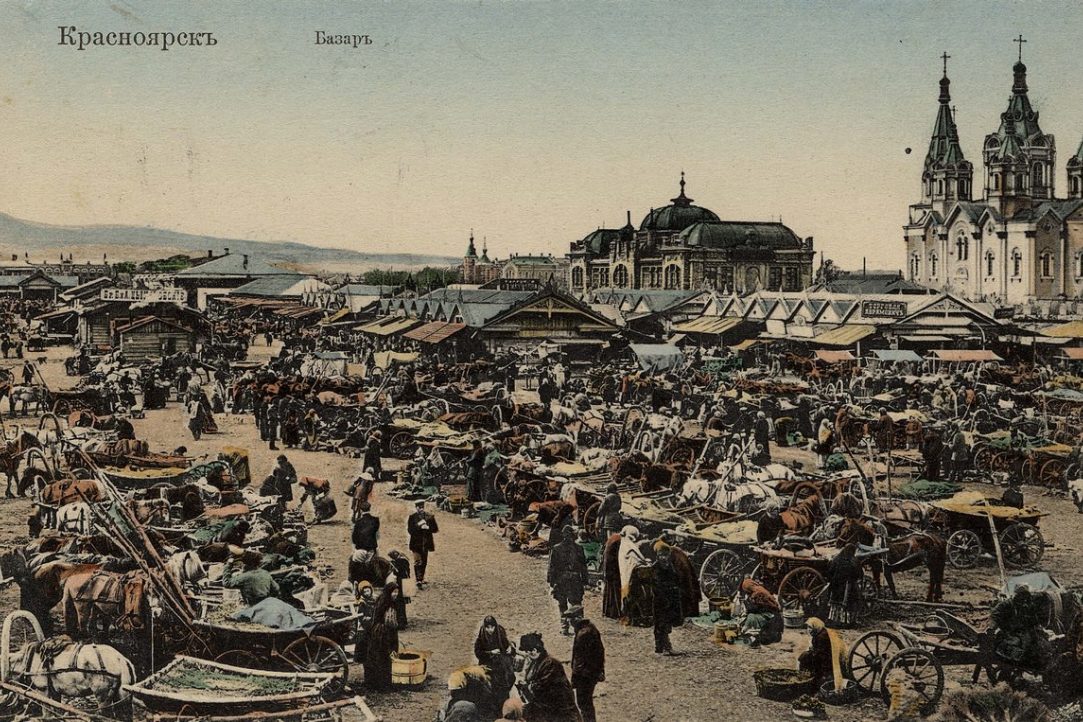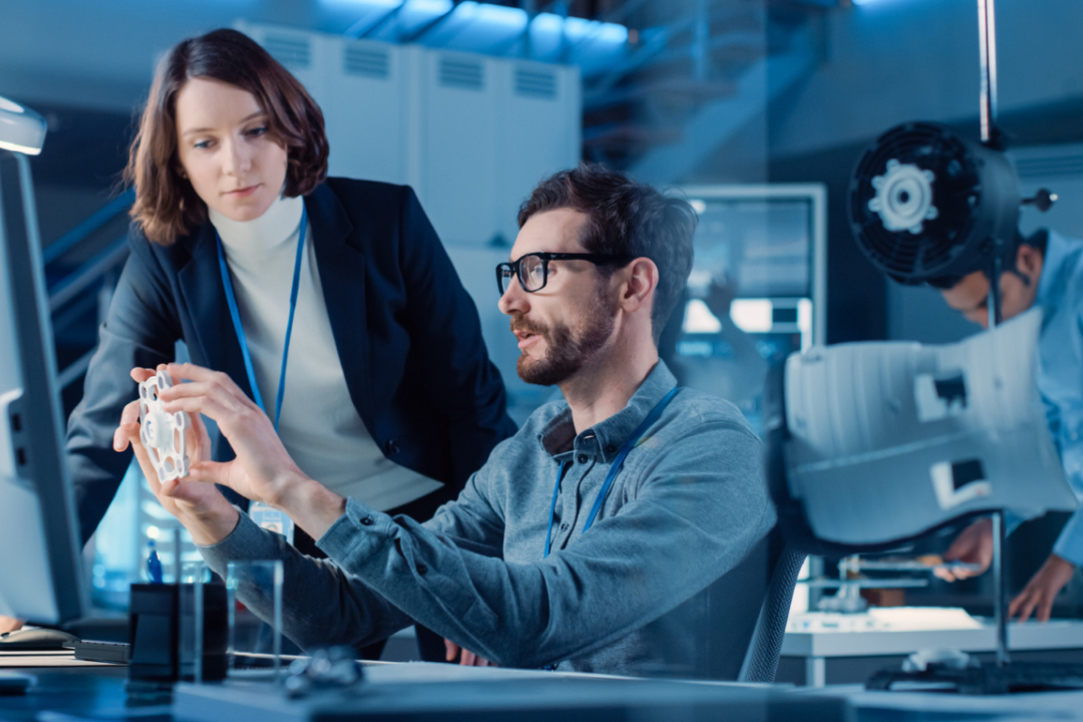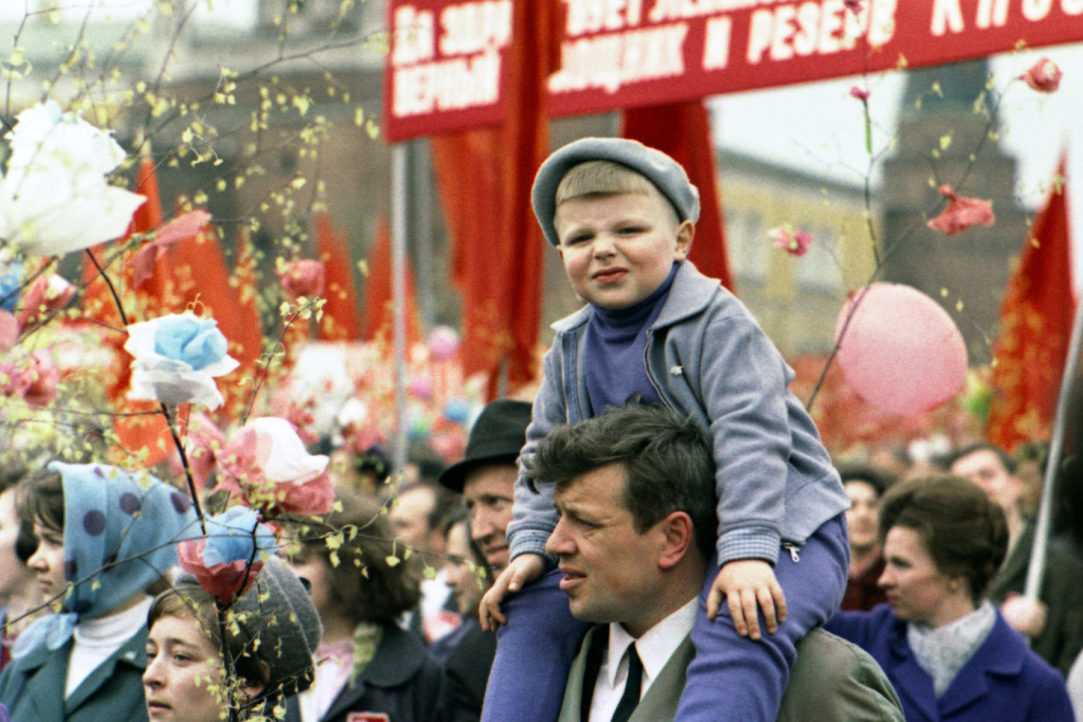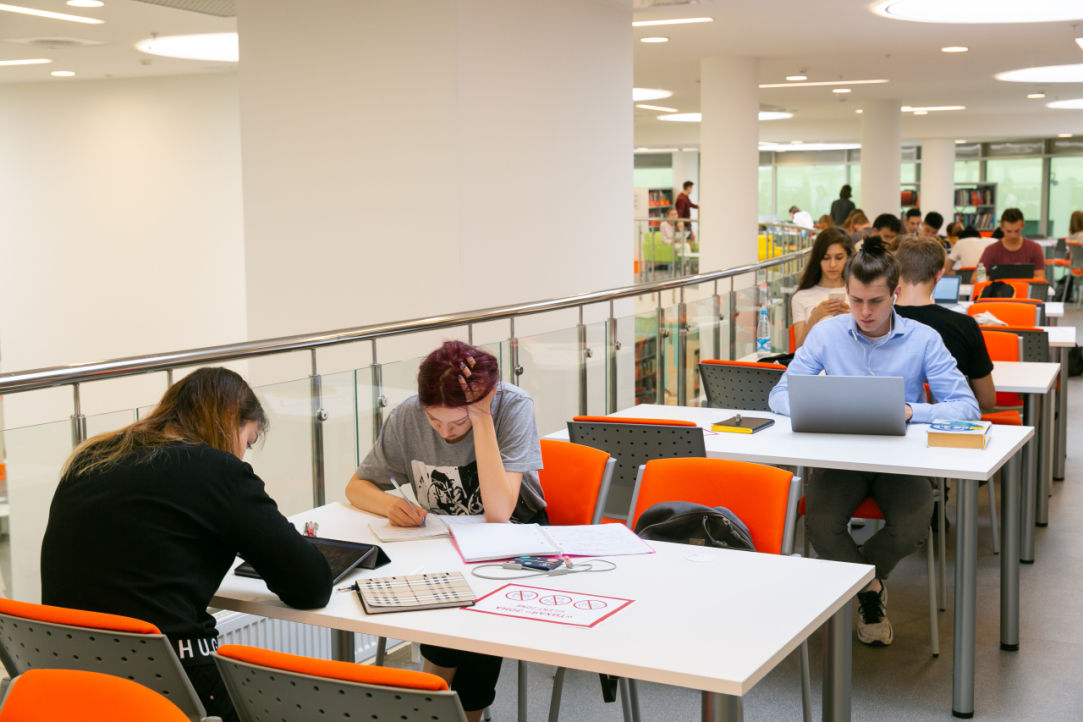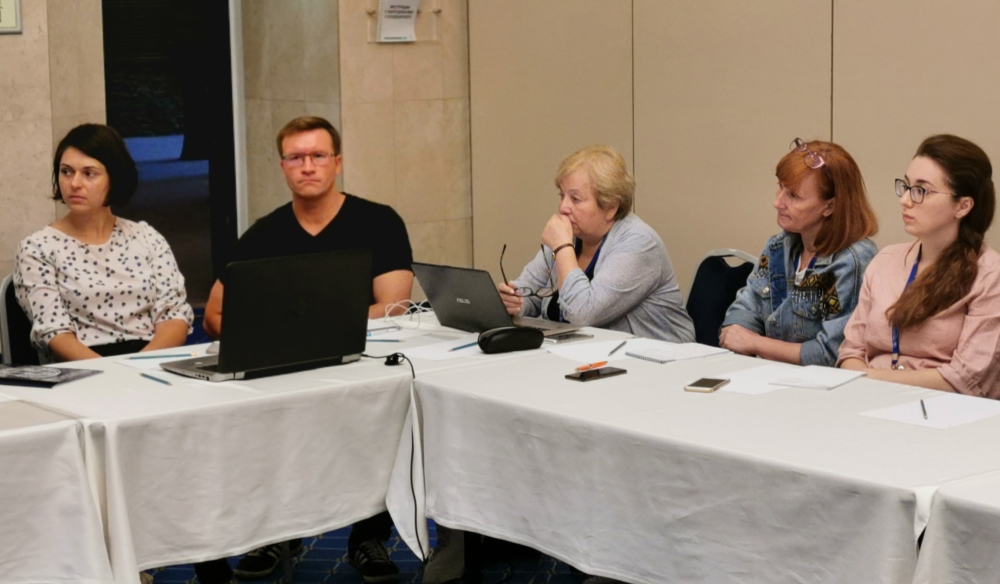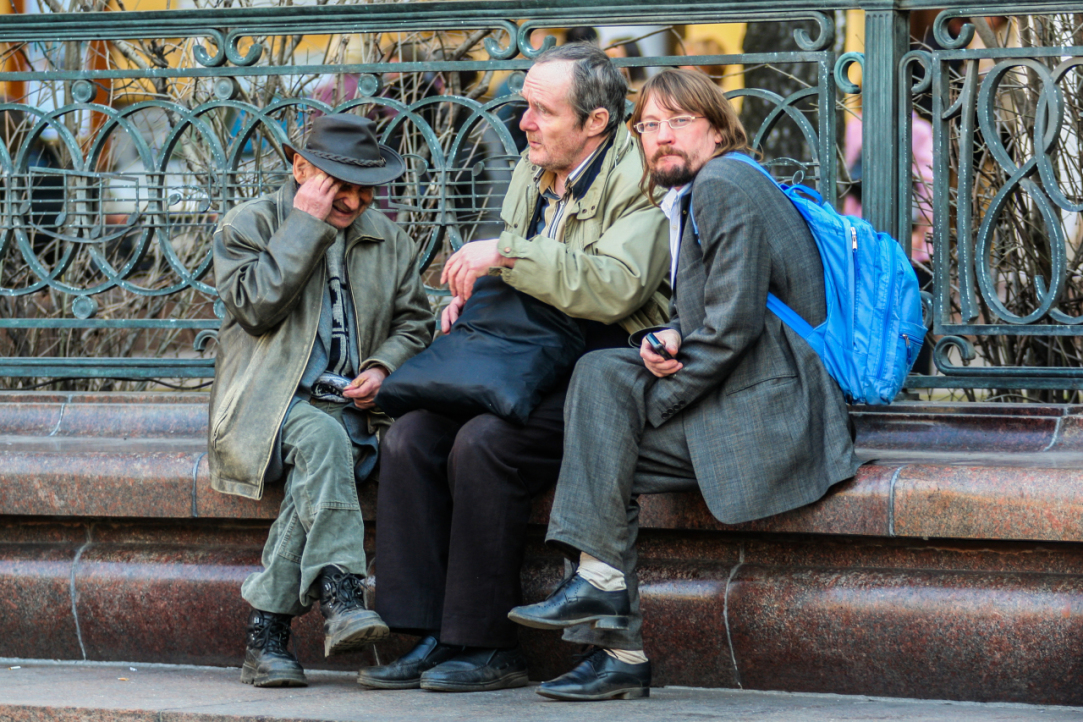Yaroslav Kuzminov, HSE Academic Supervisor, and Leonid Gokhberg, First HSE Vice Rector, spoke at an expert meeting with Dmitry Medvedev, Deputy Chair of the Security Council of the Russian Federation, on issues of Russia’s technological development. They outlined the current state of research and development and offered suggestions on how to gear the economy towards innovation.
